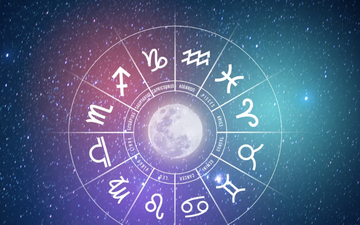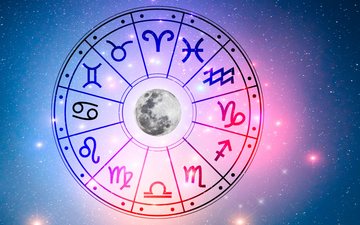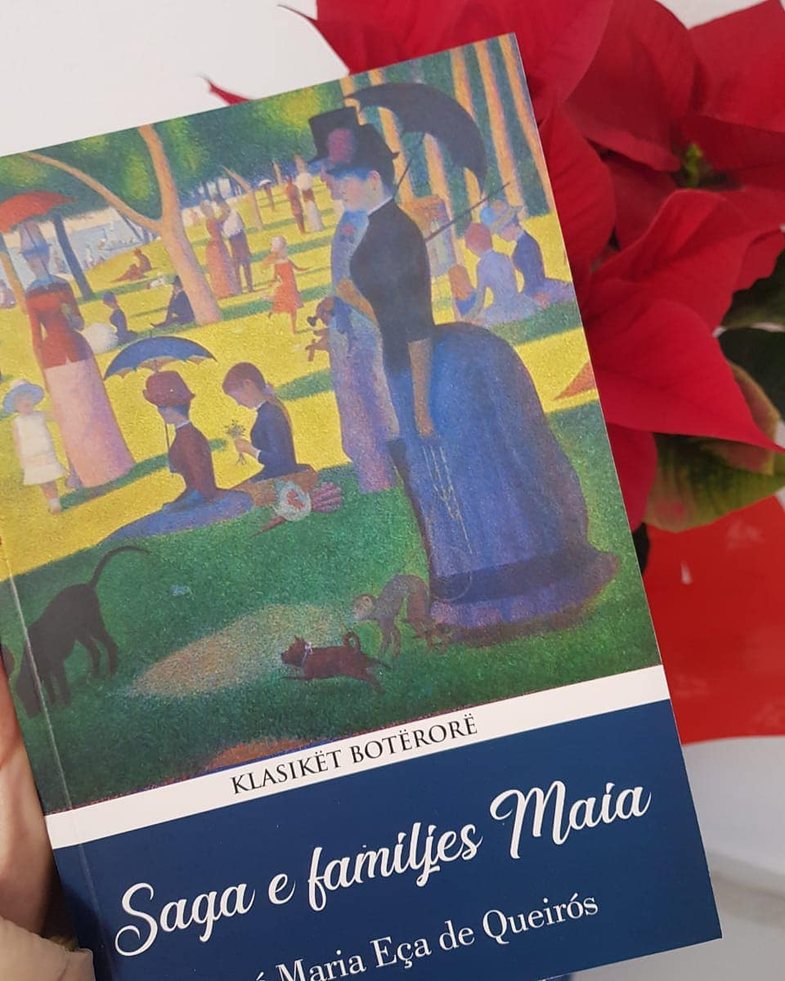
"Do not want anything and do not be afraid of anything. Do not hope in vain nor be upset. Accept that everything comes and goes, even quietly, just as we accept the changes of the weather with stormy days and warm days. And in this peace with yourself, set aside that part called UNI, to decompose, to disintegrate, until it is lost in the infinite universe. Above all, do not covet. And, moreover, do not faint! ” - excerpt from "The Maia family saga" (Os Maias), José Maria Eça de Queirós.
"The Maia Family Saga" is a classic of Portuguese literature, best known to the writer José Maria Eça de Queirós, first published in 1888. The events of the novel take place in the second half of the 19th century and show the vicissitudes of the aristocratic Maia family in three generations, down to its most recent sucker.
The book in one sentence can be summarized as a nineteenth-century Portuguese epic novel, which turns into a strange tale of fall and ruin.
Considered the "Best Book of the Best Portuguese Novelist" by Nobel Prize-winning writer José Saramago, "The Maia Family Saga" is a classic novel of Portuguese literature, with a Dickensian atmosphere, with a realistic style like Flaubert and Zola and a subject worthy of Shakespearean tragedy-comedies.
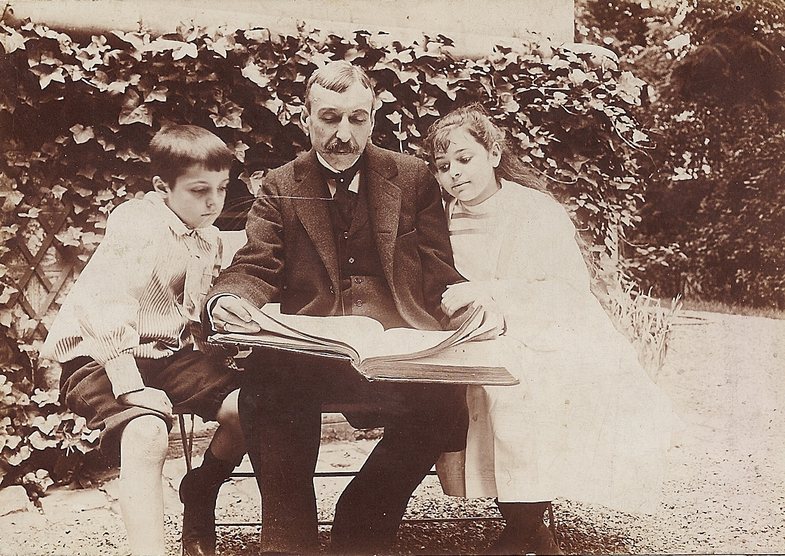
José Maria Eça de Queirós was a Portuguese writer, diplomat and journalist. As a writer he was committed to the social reforms that led to the introduction of naturalism and realism in Portugal. He is often regarded as the best Portuguese novelist of the 19th century.
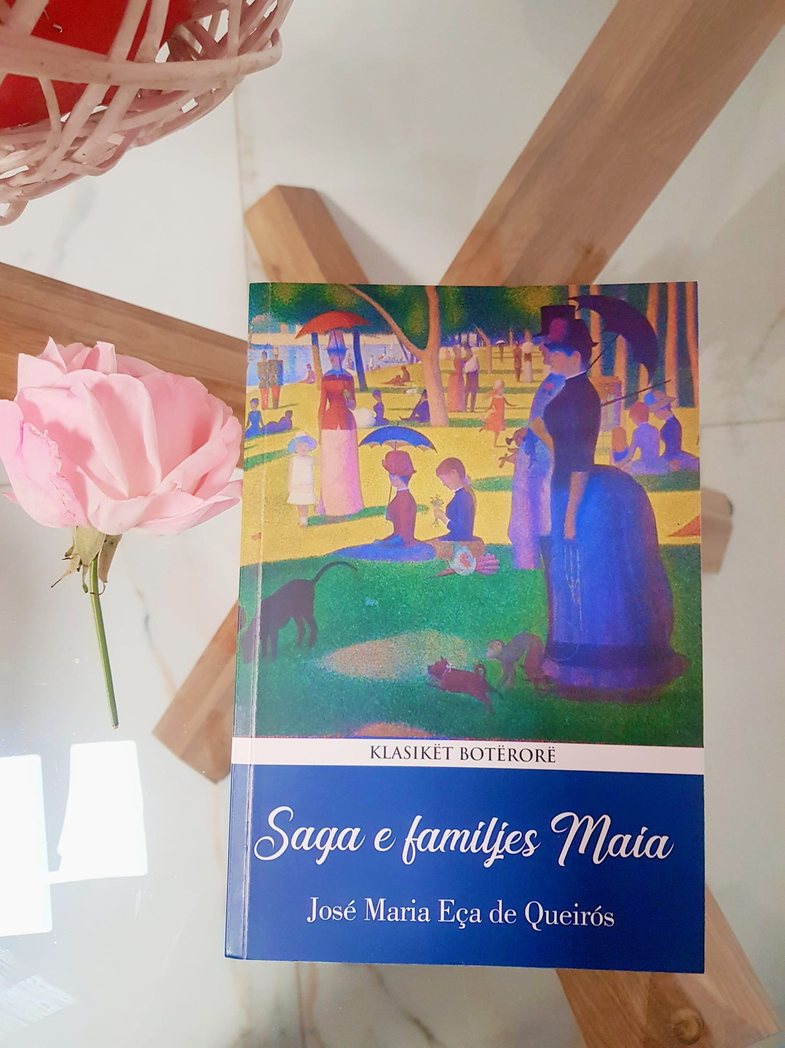
"The saga of the Maia family", translated into Albanian by Ilirjana Agalliu for the publishing house "Pegi", tells the unstoppable passage of time, lost causes and the decadence of culture.



